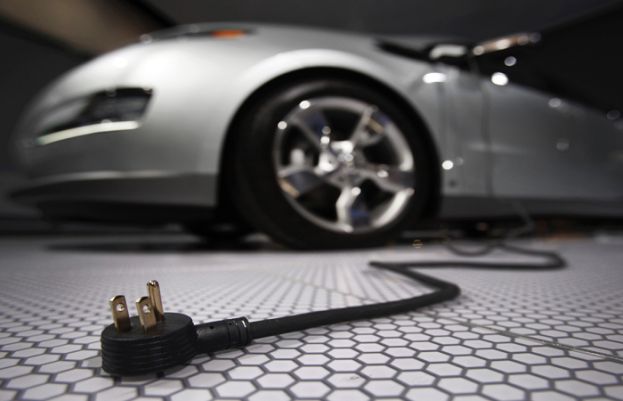
In a cabinet meeting held recently, the Ministry of Industries and Production informed the forum that Pakistan had failed to generate interest and attract electric vehicle manufacturers.
It pointed out that the government had announced a very attractive electric vehicle policy, however, the manufacturers did not show any interest due to the limited market of such vehicles.
The current government approved the electric vehicle policy in December 2020 that carried tax incentives for the locally manufactured electric vehicles and encouraged the use of hybrid vehicles.
In the sitting, cabinet members stressed the need for creating interest in the manufacturing of electric vehicles.
They also highlighted the importance of using locally manufactured auto parts. It was exhorted that Original Equipment Manufacturers (OEMs) should be encouraged and facilitated in the manufacturing of car engines in Pakistan.
In order to evoke the interest of OEMs in engine manufacturing, the production of cars should at least be 500,000 units, up from the current output of around 250,000 units, suggested the minister of industries and production.
Cabinet members were of the view that Chinese OEMs could perhaps be approached for setting up engine manufacturing facilities in Pakistan.
Adviser to prime minister on commerce and investment recommended that no new licences should be issued as already 15 manufacturers were present in the country and no new vehicle models should be allowed as well.
“There should be no rollback and duty structure for the auto sector should be reviewed,” he emphasised.
Industries and production secretary gave a presentation on the Auto Industry Development and Export Policy (AIDEP) 2021-26 and highlighted its main features.
Ministry of Industries stressed that a healthy large-scale manufacturing (LSM) sector growth required sustainable industrial growth initiatives, adding that the government had focused on the auto sector for it being the mother of all industries.
However, sources said that auto manufacturers continued to charge the customers “own money”, which irritated the government.
In the backdrop of earlier auto policy and incentives offered to new entrants by the previous Pakistan Muslim League-Nawaz (PML-N) government, several new players have entered Pakistan’s market. However, the customers are still paying own money for swift delivery of new cars.
In order to address the problem, there will be heavy penalties on late delivery (more than 60 days) of vehicles in the new auto policy.
Industries ministry revealed that extensive consultations had been held with OEMs and auto parts manufacturers to identify the constraints.
As a result, additional customs duty was reduced from 7% to 2% along with withdrawal of court cases by the OEMs and payment of longstanding arrears.
In order to increase demand to utilise the newly installed capacities, federal excise duty on all cars was reduced and to make small cars affordable for the middle class, sales tax on such cars was slashed.
Banks also came forward to finance the high demand and consequently bank financing for the auto sector increased 44% from Rs240 billion to Rs338 billion till October 2021 on a year-on-year basis.
from latest-news - SUCH TV https://ift.tt/32PULxm

0 Comments